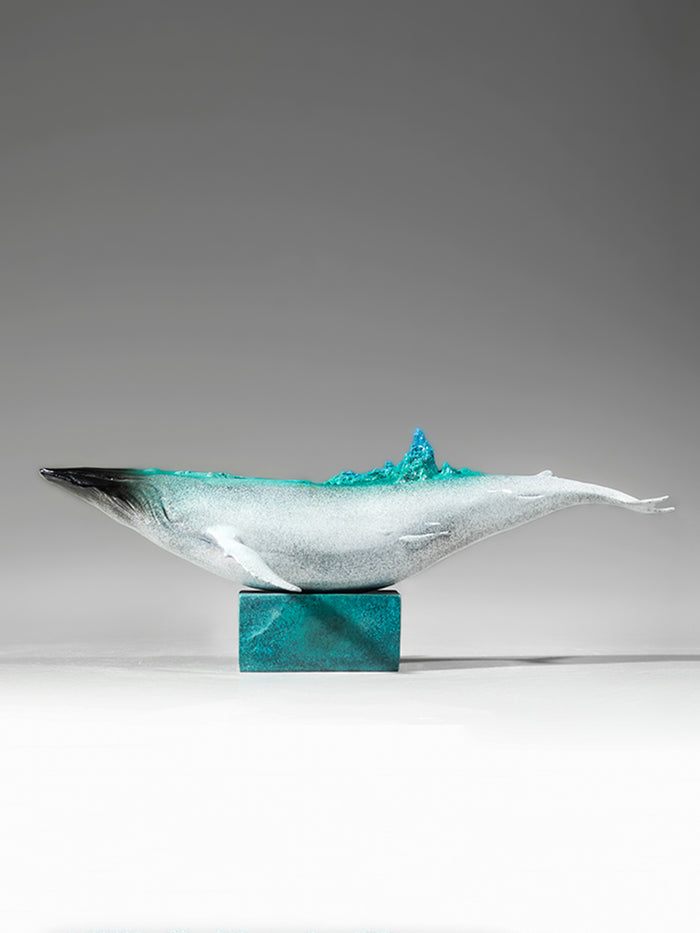
# Whale Falls: Nature’s Deep-Sea Oasis
## The Mysterious Afterlife of Whales
When a whale dies in the open ocean, its massive body begins an extraordinary journey that can sustain entire ecosystems for decades. These whale falls create unique deep-sea habitats that scientists are only beginning to fully understand.
## A Nutrient-Rich Banquet
A single whale carcass provides an unprecedented amount of organic material to the typically nutrient-poor deep sea environment. Researchers estimate that:
– One whale fall delivers nutrients equivalent to 2,000 years of normal organic material sinking from surface waters
– The decomposition process can last anywhere from 10 to 50 years
– Over 400 species have been identified at whale fall sites
## Stages of Decomposition
Whale falls go through three distinct ecological phases:
Keyword: Whale Falls
### 1. Mobile Scavenger Stage
This initial phase lasts months to years, during which large scavengers like sleeper sharks, hagfish, and amphipods strip the soft tissue from the bones.
### 2. Enrichment-Opportunist Stage
Lasting up to two years, this stage sees smaller organisms colonizing the remaining tissues and enriched sediments around the skeleton.
### 3. Sulfophilic Stage
The final phase can last decades as sulfur-reducing bacteria break down lipids in the bones, creating a chemosynthetic ecosystem similar to hydrothermal vents.
## Scientific Significance
Whale falls serve as important stepping stones for deep-sea organisms, allowing species to disperse between isolated chemosynthetic habitats like hydrothermal vents and cold seeps. They also provide crucial insights into:
– Deep-sea nutrient cycling
– Species adaptation to extreme environments
– Evolutionary connections between marine ecosystems
## Conservation Implications
As whale populations recover from centuries of hunting, scientists are particularly interested in how modern whale falls differ from pre-whaling era falls. Protecting these natural deep-sea oases helps maintain biodiversity in one of Earth’s most mysterious environments.
